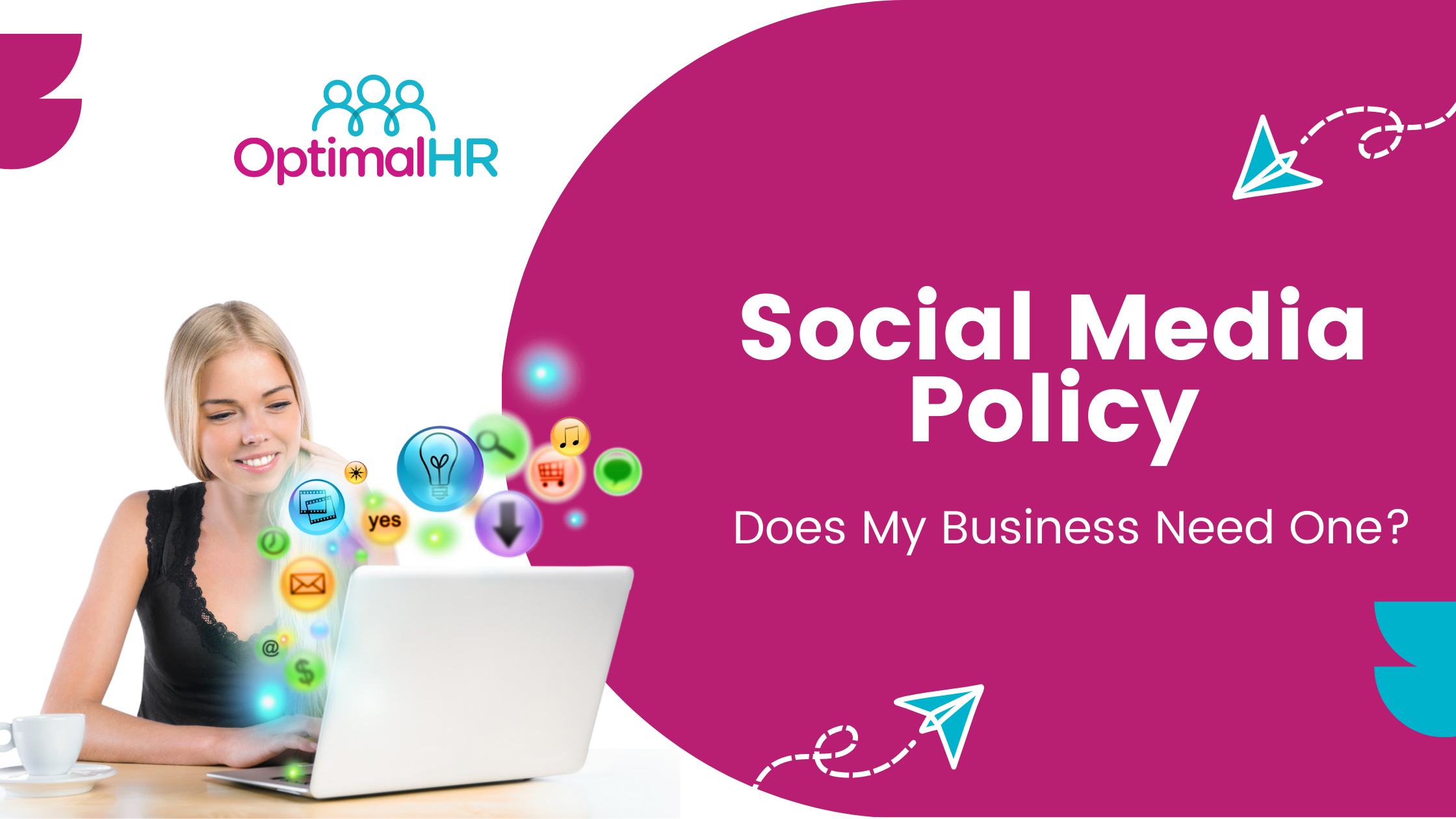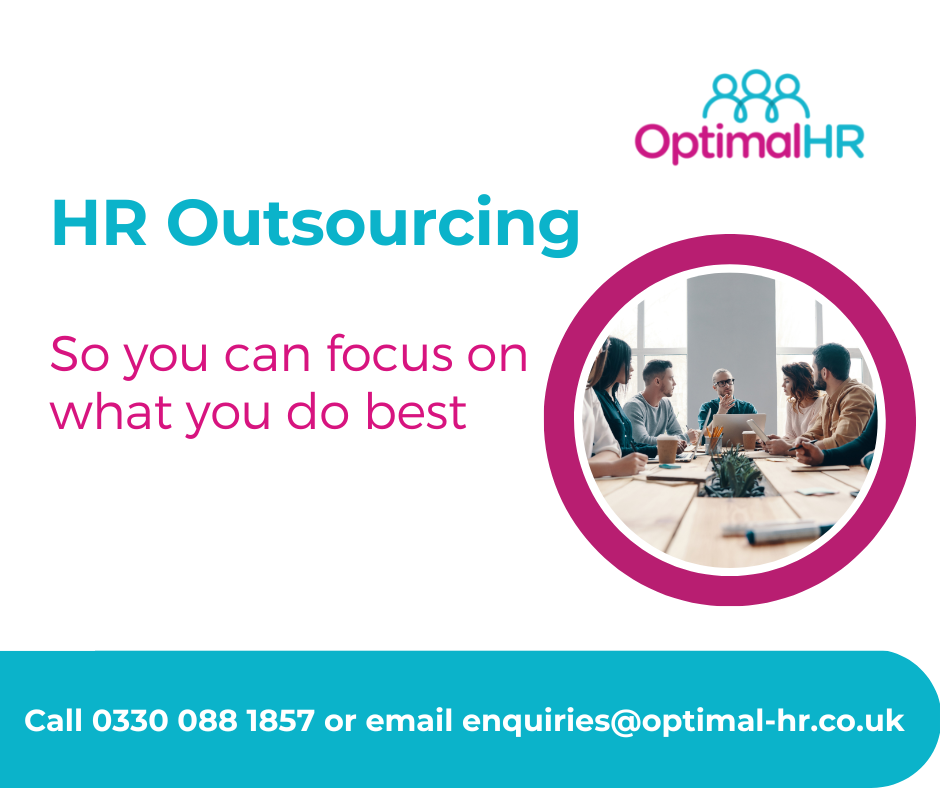The theme for this year’s International Women’s Day is ‘Inspire Inclusion’. It’s crucial to move beyond mere recognition and delve into real actions that truly support women in the workplace.
While highlighting success stories of women is important, it’s arguably more important to address systemic barriers and create an environment where women can thrive every day. Here are some tangible ways employers can make a meaningful difference:
- Flexible Role Design: Embrace flexibility in job roles and keep requirements concise. Women are put off applying for roles unless they meet almost all of the criteria. The less criteria the more likely they are to apply.
- Gender-Inclusive Language: Think about using a Gender Language Decoder to ensure your organisation is using inclusive language.
- Combat Unconscious Bias: Address unconscious bias in your processes by promoting awareness and implementing unbiased evaluation criteria.
- Diverse Interview Panels: Foster diversity in interview panels to minimise bias and offer varied perspectives during candidate assessment.
- Salary Consideration: Avoid basing offers on a candidate’s current salary. Instead, offer competitive compensation based on the role’s worth and industry standards.
- Accessible Training Opportunities: Ensure training programs are accessible to all employees, accommodating diverse needs including caregiving responsibilities.
- Leverage Apprenticeships: Engage with apprenticeship programs to broaden access to careers, particularly for underrepresented groups.
- Objective Salary Bands: Implement transparent salary bands based on job roles, performance, and market standards to mitigate wage gaps.
- Gender Pay Gap Reporting: Consider regular reporting and internal publication of gender pay gap data to hold the organization accountable for progress, whether this is a statutory requirement or not.
- Enhanced Parental Leave: Offer inclusive parental leave policies, promoting shared parental responsibilities and supporting work-life balance.
- Flexible Work Arrangements: Implement flexible working policies to accommodate diverse needs and enhance employee satisfaction.
These actions go beyond symbolic gestures, signalling a genuine commitment to fostering an inclusive workplace where all individuals, regardless of sex, can thrive. International Women’s Day serves as a reminder not just to celebrate women’s achievements, but to actively dismantle barriers and create a more equitable future for all. Let’s strive for progress that transcends a single day and becomes ingrained in the fabric of organisational culture.
This blog was written by Alice McEvoy, HR Business Partner at Optimal HR. If you would like any support with reviewing any policies to become more inclusive or would like advice and guidance on your Equality, Diversity and Inclusion policy or strategy, please call us today on 0330 0881857 and we’ll be happy to help!










